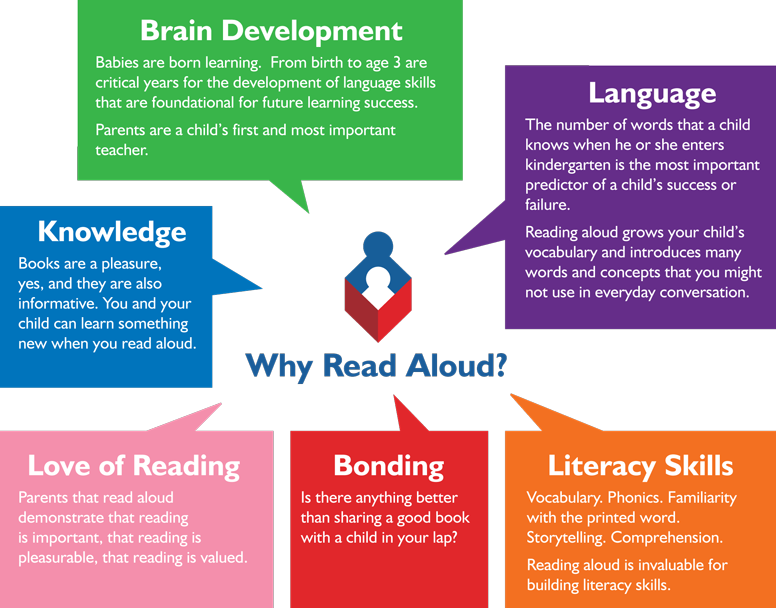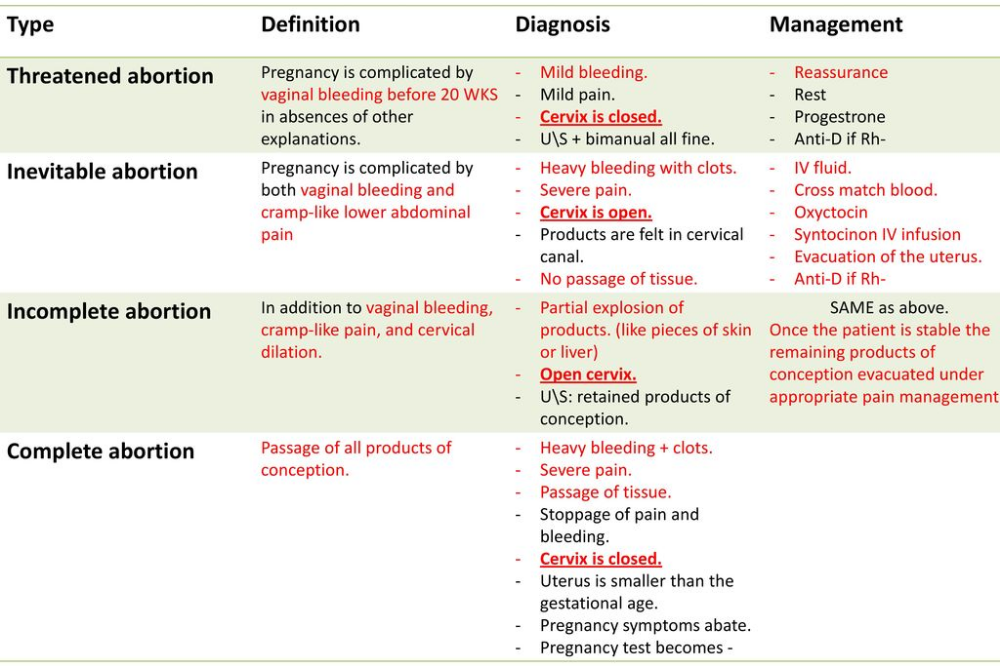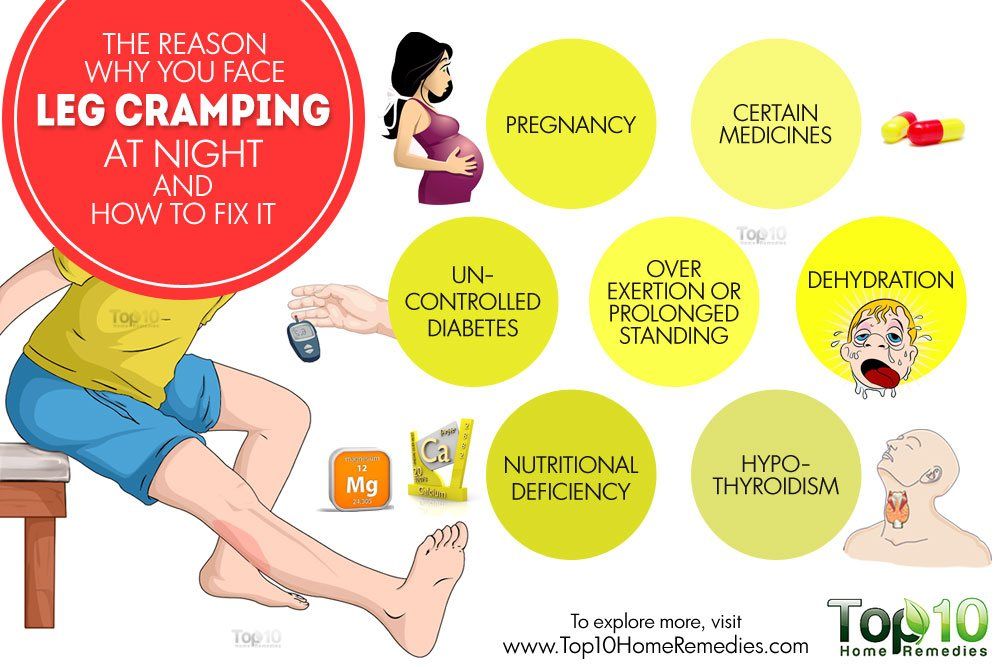Importance of bonding
The Importance of Infant Bonding
When a caregiver consistently responds to an infant’s needs, it sets the stage for the growing child to enter healthy relationships with other people throughout life and to appropriately experience and express a full range of emotions.
By Mary Beth Steinfeld, M.D.
The process of bonding with a new baby is natural for most mothers. Left alone, new mothers will hold their baby next to their bodies, rock them gently, strive for eye contact, sing or talk to the baby and begin to nurse. Often within just hours of birth, mothers report feelings of overwhelming love and attachment for their new baby.
A normal, full-term baby is also programmed to initiate and enter into a bonding relationship. Crying and making other noises, smiling, searching for the breast, and seeking eye contact give cues for a caring adult to respond.
When a caregiver consistently responds to an infant’s needs, a trusting relationship and lifelong attachment develops. This sets the stage for the growing child to enter healthy relationships with other people throughout life and to appropriately experience and express a full range of emotions.
An optimum opportunity
Dr. Steinfeld is a developmental and behavioral pediatrician at UC Davis Medical Center and UC Davis Children's Hospital in Sacramento.
But what happens when things don’t work out so well? What if babies and their mothers are separated at birth, as when babies are premature or ill and need special care? Or babies who are placed for adoption and may not meet their adoptive mother for quite some time after birth? Sometimes a new mother feels depressed or incapacitated after delivery and doesn’t feel like interacting with her newborn.
Fortunately, humans are not completely dependent on those early moments and have many opportunities to bond appropriately throughout the first year of life. We know that mothers who adopt babies and even older children are able to form normal attachment relationships.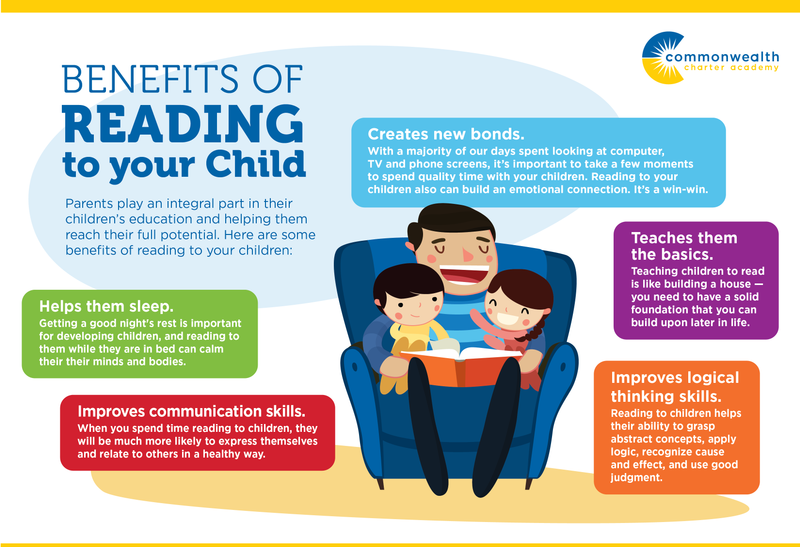
Still, the first few days of life are believed to offer an optimum opportunity for bonding to take place. Standard practice in most U.S. hospitals allows mothers and babies as much time as possible together after birth. Even when babies are born ill or premature, the importance of bonding is recognized. Whenever possible, health care providers in intensive care units try to create opportunities for parents to spend time holding and caring for their babies.
Dads and siblings, too
Babies who are held and comforted when they need it during the first six months of life tend to be more secure and confident as toddlers and older children.
Is it important for fathers to bond with their babies? Absolutely. New fathers often feel less confident than new mothers around a baby, and may feel excluded in the close relationship that develops between the mother and baby. If a baby is breastfed, fathers may be uncertain about what activities they can engage in with the new baby.
Like mothers, fathers need quiet time to spend holding their new babies close, gazing into their eyes, talking to them and comforting them when distressed. Fathers may wish to take walks with their babies tucked into a Snugli-type carrier or simply hold a quiet baby while reading or watching TV.
Brothers and sisters also need time and opportunities to establish a relationship with a new baby. You might offer young children who are too unreliable to hold a baby safely to have brief, supervised periods playing next to a brother or sister in a large crib or playpen. Such times often elicit unique responses of excitement and joy from the baby and allow loving relationships to develop successfully.
The 'spoiling' myth
While bonding does not occur instantly for everyone, it should be well established within the first few months after you bring your baby home.
The importance of bonding with the primary caregiver cannot be overestimated. Failure to do so profoundly affects future development and the ability to form healthy relationships as an adult.
I urge parents to give themselves plenty of time with their baby and to follow their instincts. Respond to the baby’s cues, and offer love and comfort when distressed.
Contrary to the “wisdom” in past generations, responding quickly to crying with holding and nursing will not “spoil” a baby. Instead, babies who are held and comforted when they need it during the first six months of life tend to be more secure and confident as toddlers and older children.
Seek help if you feel that bonding is not progressing as it should. While bonding does not occur instantly for everyone, it should be well established within the first few months after you bring your baby home. For any problem with your baby, ask your physician for help if you feel there is something wrong.
Bonding with your baby | Pregnancy Birth and Baby
Bonding with your baby | Pregnancy Birth and Baby beginning of content5-minute read
Listen
How do babies form attachments?
Attachment is when a baby and caregiver form a strong connection with each other, emotionally and physically.
Bonding with your baby is important. It helps to release hormones and chemicals in the brain that encourage rapid brain growth. Bonding also promotes the development of connections between brain cells that are critical for learning; the growth of your baby's body; and the positive development of your baby's sense of who they are and how they deal with feeling upset.
Newborns don't know what they need. They have to be helped by a caregiver who will calmly respond to their physical needs and also provide plenty of love.
Who do babies form attachments to?
Babies usually attach to their main caregiver, but they can certainly bond with other people.
It's usual for a baby to attach to their mother, since by about week 31, a baby can recognise and be soothed by the mother's voice while in the womb. By the time they're born, newborns can even recognise some sounds of their mother's native language.
The father, grandparents and significant childcare workers can also bond with a baby. This is particularly important if a mother is finding it difficult to form an attachment, is depressed, or there is some other reason why she can't pay full attention to her baby.
This is particularly important if a mother is finding it difficult to form an attachment, is depressed, or there is some other reason why she can't pay full attention to her baby.
If you are the baby's mum, and they form attachments with other important people, this does not mean your baby will be less attached to you. It helps your baby to learn about being close to people.
How do I bond with my baby?
When you respond to your newborn's needs, you will probably start seeing behaviour or signals that show that he or she is attached to you. These will depend on their age and level of development and could include:
- making eye contact with you
- smiling, cooing, laughing or making other noises directed at you
- holding out their arms to you
- crawling after you
- copying you
- crying for what they need while looking at you
- looking interested in something you're doing
Responding to your baby
You can't spoil a baby by giving them too much attention.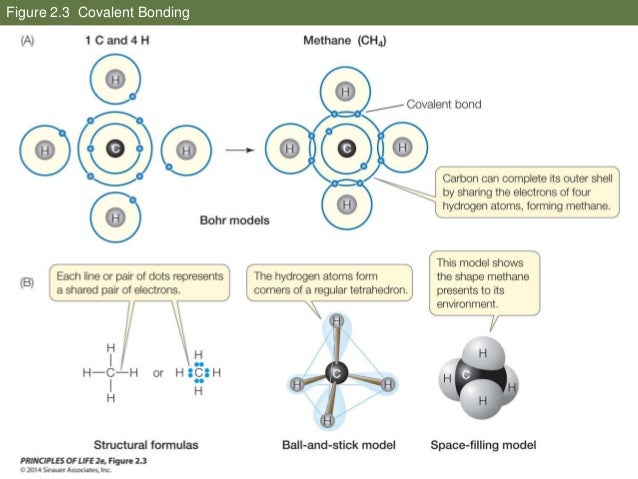 They need you to help them with the things they can't do for themselves — whether it's changing their nappy, helping alleviate their pain or hunger, providing warmth, or giving them plenty of affection and play. Responding to what they want and need builds their trust in you, and helps them feel confident.
They need you to help them with the things they can't do for themselves — whether it's changing their nappy, helping alleviate their pain or hunger, providing warmth, or giving them plenty of affection and play. Responding to what they want and need builds their trust in you, and helps them feel confident.
Mothers are biologically designed to act when their babies cry so you may feel anxious if you can't respond to your baby straight away. If you can see that your baby has everything they need and are safe, reassure them that you'll be there as soon as you can. When you're with your baby again, calmly sooth and comfort them.
Ways to bond with your baby
Here are some bonding techniques you can try:
- Learn to read your baby's cues and signals to you and let your baby know you understand.
- Copy your baby's noises or signals, then wait for your baby to respond before continuing.
- Once you have learned what your baby likes, do it regularly.
- Start new activities gently, rather than abruptly, and talk calmly about what you're doing.

- Soothe and cuddle your baby when they're upset.
- Hold your baby on the left side of your chest, so they can hear your heartbeat.
- Provide skin-to-skin contact (for example, while breastfeeding). You could also massage your baby.
- Smile and laugh while looking into your baby's eyes.
- Talk, sing, read books and play simple games together.
- Bathe your baby before bed.
What if I'm not bonding with my baby?
Some parents experience an instant connection to their baby within the first 24 hours after birth and describe it as an overwhelming feeling of love and protectiveness.
Don't worry if you don't feel this straight away. Although attachment is important for your baby, relationships can sometimes take a while to grow and you may find that it takes you days, weeks or even months to bond with your baby.
Communicate regularly with family members and friends and don't put extra pressure on yourself. The lack of a strong, initial bond does not mean you're not a 'natural' parent.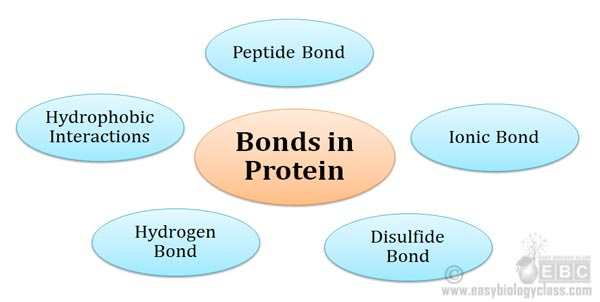
If you suspect you may be experiencing postnatal depression, talk to your doctor or other healthcare professional, such as a child health nurse.
- Talk to your doctor, child health nurse or midwife.
- Find a parenting helpline that suits you here.
- Call Beyond Blue on 1300 22 4636.
Speak to a maternal child health nurse
Call Pregnancy, Birth and Baby to speak to a maternal child health nurse on 1800 882 436 or video call. Available 7am to midnight (AET), 7 days a week.
Sources:
BabyCenter Australia (Seven reasons babies cry and how to soothe them), Beyond Blue (Perinatal depression), Centre for Community Child Health (The First Thousand Days - an evidence paper), Centre of Perinatal Excellence (Bonding with your baby), Proceedings of the National Academy of Sciences (Neurobiology of culturally common maternal responses to infant cry), Raising Children Network (Bonding and attachment: newborns), Raising Children Network (Can you spoil a baby?), Women's and Children's Health Network (Attachment – babies, young children and their parents), Acta Paediatrica (Language experienced in utero affects vowel perception after birth: a two‐country study), Beyond Blue (Getting to know your baby)Learn more here about the development and quality assurance of healthdirect content.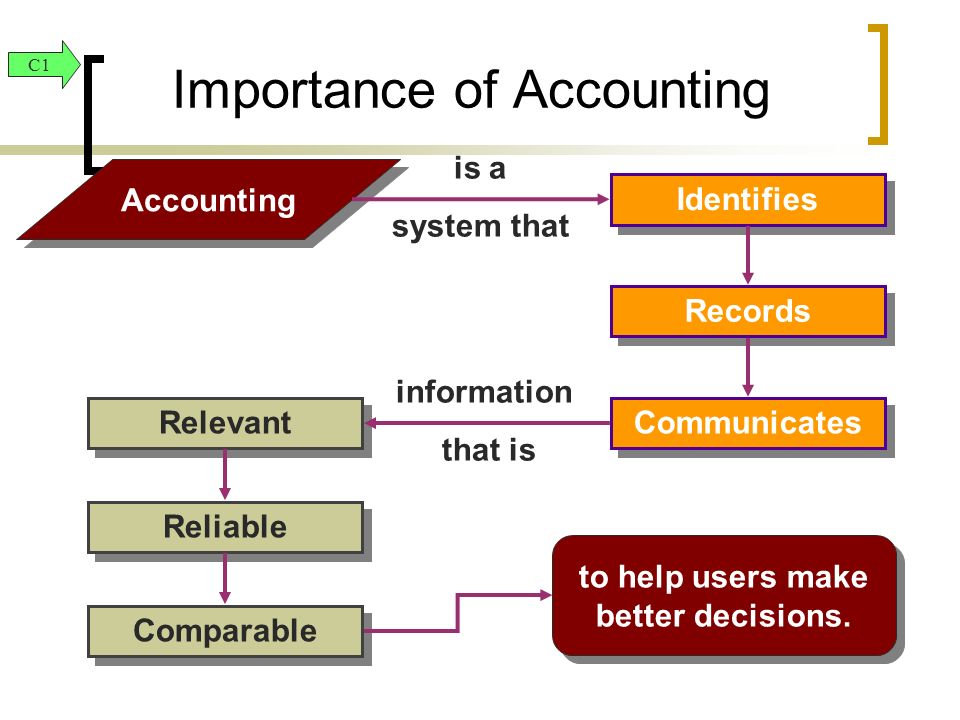
Last reviewed: February 2021
Back To Top
Related pages
- Bonding with your baby during pregnancy
- What is kangaroo care?
Need more information?
First 1000 days: conception to two years | Raising Children Network
The first 1000 days of life are key to lifelong health and wellbeing.
Read more on raisingchildren.net.au website
Bonding and attachment: newborns | Raising Children Network
Bonding with newborns happens when you respond consistently to your baby with love, warmth and care. Bonding and attachment are vital to baby development.
Read more on raisingchildren.net.au website
Bonding with premature babies in the NICU | Raising Children Network
For parents with premature babies in the NICU, bonding might seem hard. This guide explains how to use touch, song, play and daily care to bond with baby.
This guide explains how to use touch, song, play and daily care to bond with baby.
Read more on raisingchildren.net.au website
The first 1,000 days
The first 2 years of a baby's life can impact their health and wellbeing later on. Here's what you can do to give your child the best possible start.
Read more on Pregnancy, Birth & Baby website
Bonding with your kids | Support For Fathers
Bonding with your kids. Support For Fathers, Fatherhood and Family Relationship Support. Relationships Australia Victoria RAV. Fatherhood Resources Library.
Read more on Support for Fathers website
Breastfeeding your baby
Breastfeeding is the most natural way to feed your baby, providing all the nutrition your baby needs during the first six months of life and a loving bond with your baby.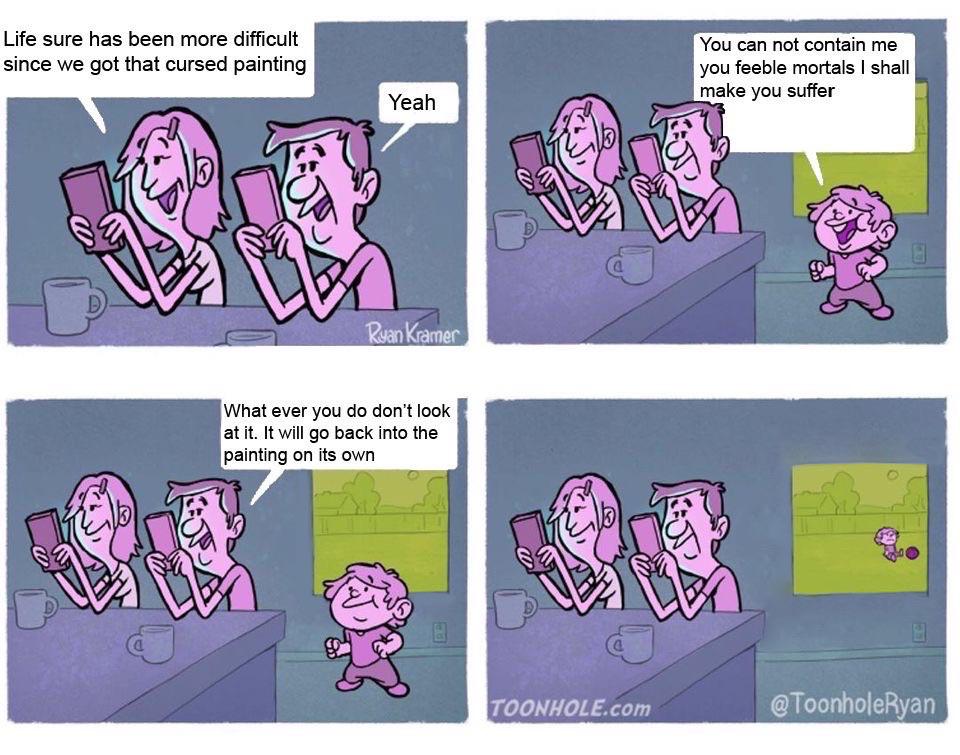
Read more on Pregnancy, Birth & Baby website
Breastfeeding attachment techniques | Raising Children Network
Good attachment is key to successful breastfeeding. Baby-led attachment is when you let baby find the breast. Mother-led attachment is when you attach baby.
Read more on raisingchildren.net.au website
Baby's first 24 hours
There is a lot going on in the first 24 hours of your baby's life, so find out what you can expect.
Read more on Pregnancy, Birth & Baby website
Dads: premature birth and premature babies | Raising Children Network
After a premature birth, it can be hard for dads. Our dads guide to premature babies and birth covers feelings, bonding, and getting involved with your baby.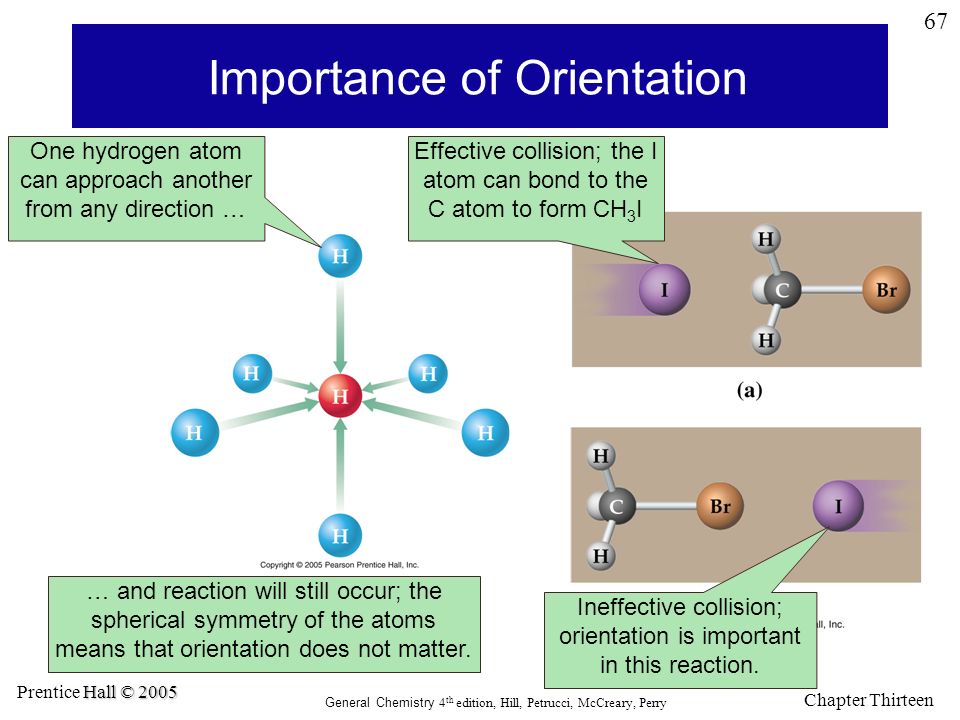
Read more on raisingchildren.net.au website
A day in the life of a newborn
Most babies will start to settle into a daily pattern of sleeping, feeding and playing, whether you follow what your newborn does or establish a simple routine.
Read more on Pregnancy, Birth & Baby website
Disclaimer
Pregnancy, Birth and Baby is not responsible for the content and advertising on the external website you are now entering.
OKNeed further advice or guidance from our maternal child health nurses?
1800 882 436
Video call
- Contact us
- About us
- A-Z topics
- Symptom Checker
- Service Finder
- Linking to us
- Information partners
- Terms of use
- Privacy
Pregnancy, Birth and Baby is funded by the Australian Government and operated by Healthdirect Australia.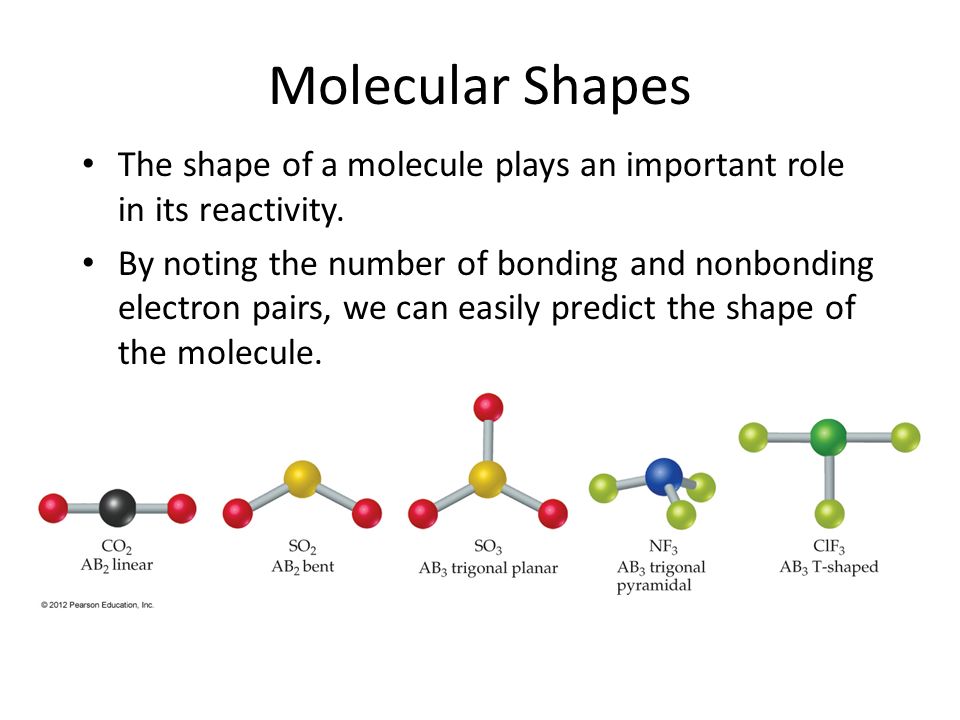
Pregnancy, Birth and Baby is provided on behalf of the Department of Health
Pregnancy, Birth and Baby’s information and advice are developed and managed within a rigorous clinical governance framework. This website is certified by the Health On The Net (HON) foundation, the standard for trustworthy health information.
This site is protected by reCAPTCHA and the Google Privacy Policy and Terms of Service apply.
This information is for your general information and use only and is not intended to be used as medical advice and should not be used to diagnose, treat, cure or prevent any medical condition, nor should it be used for therapeutic purposes.
The information is not a substitute for independent professional advice and should not be used as an alternative to professional health care. If you have a particular medical problem, please consult a healthcare professional.
Except as permitted under the Copyright Act 1968, this publication or any part of it may not be reproduced, altered, adapted, stored and/or distributed in any form or by any means without the prior written permission of Healthdirect Australia.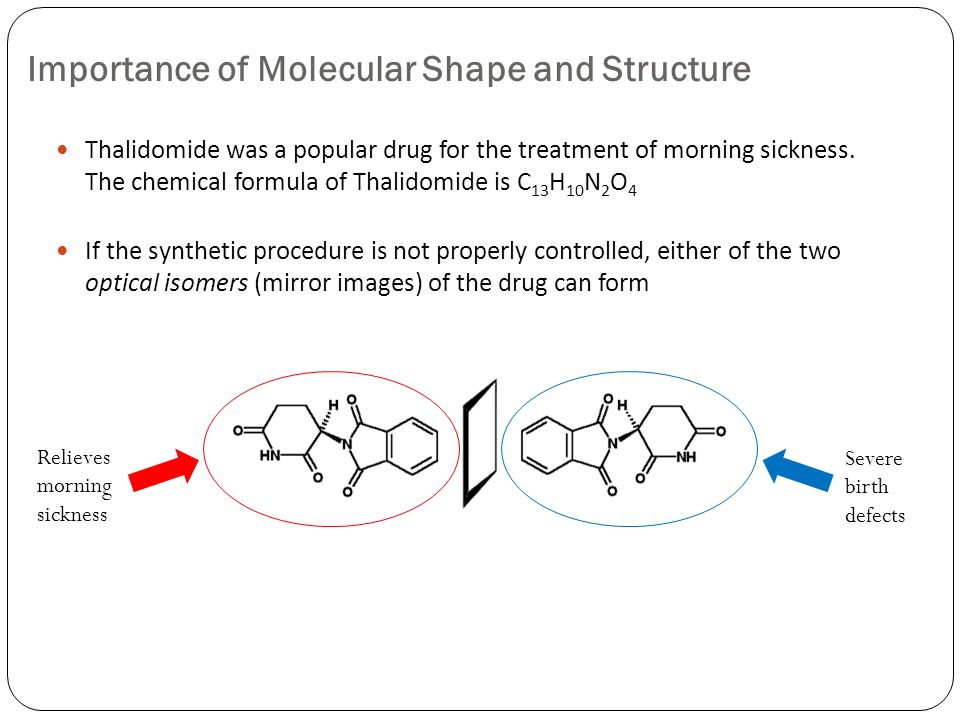
Support this browser is being discontinued for Pregnancy, Birth and Baby
Support for this browser is being discontinued for this site
- Internet Explorer 11 and lower
We currently support Microsoft Edge, Chrome, Firefox and Safari. For more information, please visit the links below:
- Chrome by Google
- Firefox by Mozilla
- Microsoft Edge
- Safari by Apple
You are welcome to continue browsing this site with this browser. Some features, tools or interaction may not work correctly.
The role of communication in human life
The technological breakthrough of mankind in the twentieth century brought many interesting discoveries and opportunities into our lives, without which it is difficult to imagine a comfortable life today. In addition to household appliances, automobiles, aircraft, comfort and new opportunities have become available thanks to the means of communication, which now play an important role in the development of society. Today we will tell you what role they play and how modern technologies and communication services change our lives. nine0003
Today we will tell you what role they play and how modern technologies and communication services change our lives. nine0003
Today it is difficult to imagine our life without cellular communication. It allows us not only to stay in touch with relatives and friends, call up for work and solve important problems, but also get answers to a lot of other questions. The cell phone has already ceased to be just a device for calls, but has turned into a full-fledged tool for searching for information on the network, entertainment, and can even replace a wallet.
The development of cellular network standards has made it possible to get high-speed Internet access from a mobile phone, which opens up additional opportunities. Today, we can not only talk on the phone, but also see the interlocutor, no matter what distance separates. An important role in the dissemination of information is played by modern communication channels, through which it reaches the consumer so quickly that the media no longer need to spend hours or days to bring the news to the reader, listener, or viewer.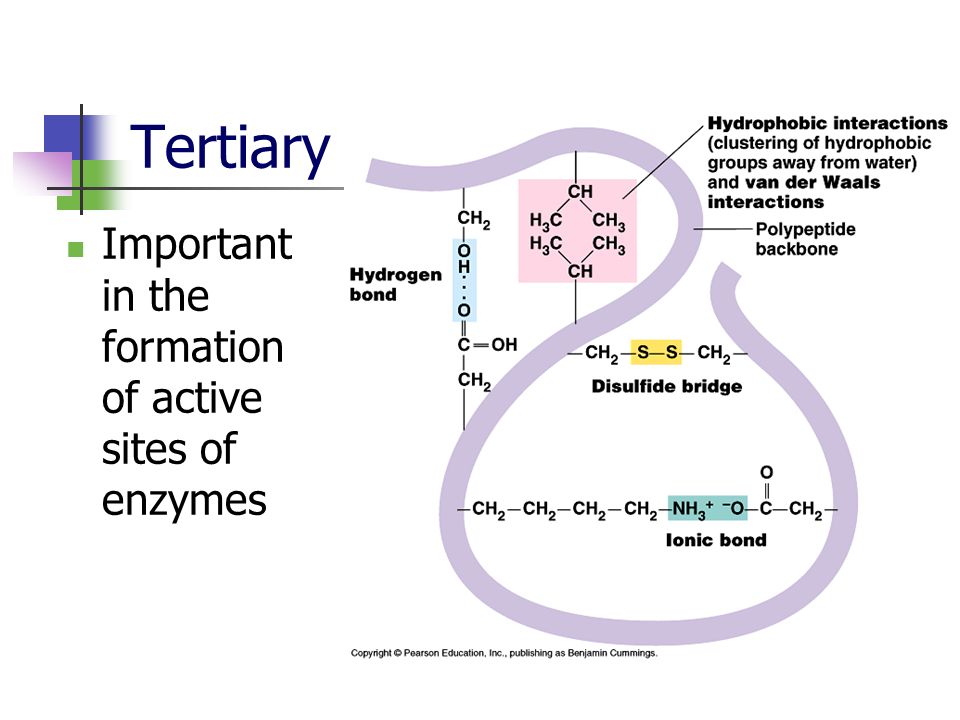 nine0003
nine0003
It is difficult to overestimate the role of communications in our lives. With the advent of the Internet and modern mobile technologies, it is no longer necessary to perform many actions that previously required both time and effort. We can pay any bills - for electricity, for gas, for water using a mobile phone. This allows you to save energy on going to the bank or savings bank, and, accordingly, the most valuable thing is time. After all, you can pay online when it is convenient, and not during the strictly allotted hours of the cash desk.
Mobile communication technologies also take care of the safety of us and our loved ones. Today you can not just send your child to school with a mobile phone to be able to contact him at any time. By activating additional options with the operator, you can track where the child is, see his location on the map.
Further development of cellular networks will significantly increase the allowable volumes of data transmission, which will significantly expand the scope of their application. According to experts, the introduction of the fifth generation of cellular networks will make it possible to fully and more effectively use technologies for the “smart home” and Internet things, and will make even transport “smart”. Examples of remote control of cars, conducting complex medical research using fifth-generation cellular networks are already being demonstrated by developers and are being used in real life. nine0003
According to experts, the introduction of the fifth generation of cellular networks will make it possible to fully and more effectively use technologies for the “smart home” and Internet things, and will make even transport “smart”. Examples of remote control of cars, conducting complex medical research using fifth-generation cellular networks are already being demonstrated by developers and are being used in real life. nine0003
Anyone can make a list of what mobile devices have replaced. However, it is possible to draw up a basic list that everyone will agree with - a landline phone, an MP3 player, a camera, and for motorists - navigators, which are significantly inferior to modern online services.
Satellite communication systems have opened additional opportunities for man. The idea that prompted the creation of the first artificial satellite and its launch into Earth's orbit was to create a global communications system. It was the need to unite the continents on the globe by telephone that led to the rapid development of satellite communications, and subsequently played an important role in human life.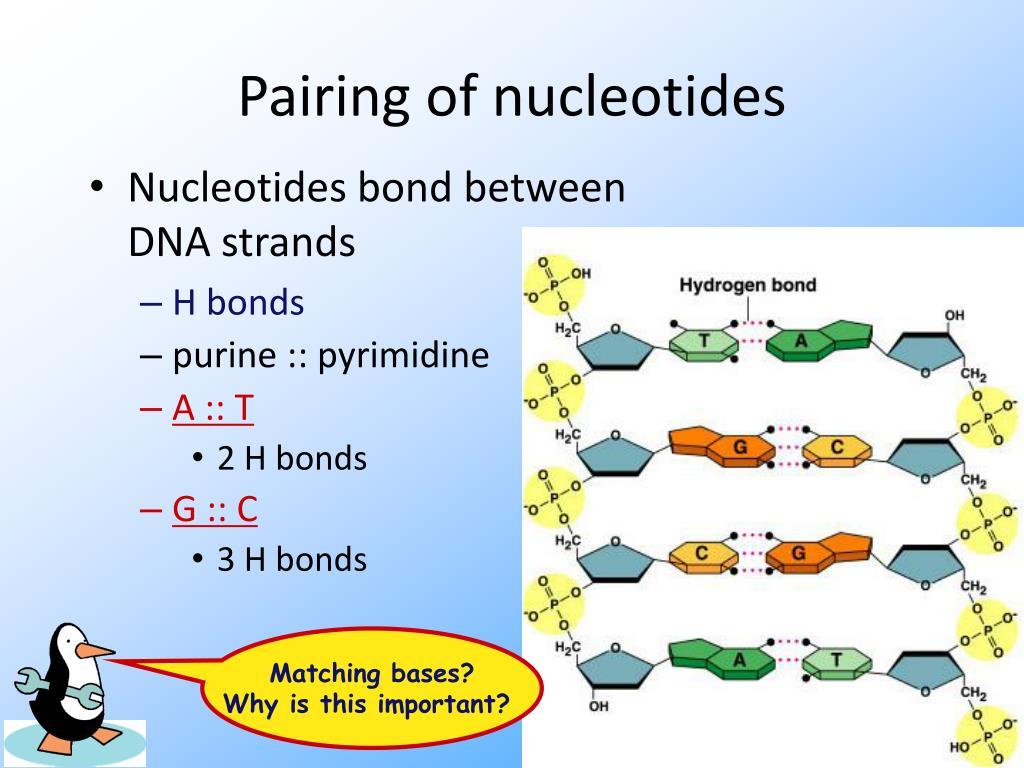 However, in the Soviet Union, the leading role for satellite communications for a long time was assigned to the defense department, which significantly slowed down the development of its civilian sector. nine0003
However, in the Soviet Union, the leading role for satellite communications for a long time was assigned to the defense department, which significantly slowed down the development of its civilian sector. nine0003
The creation of a satellite communication system made it possible to bring to a new level not only the possibilities of telephony, but other communication channels. Satellite Internet, cellular communications and television are just a small part of the new opportunities.
One of the popular satellite communication products among users is navigation. This allows the user not only to receive the exact coordinates of his location, which can be indispensable in an unforeseen situation, if a person is lost. Satellite navigation allows us to reduce the time it takes to get certain services—to find the nearest store, or to get information about the traffic situation in a certain place. nine0003
Also, thanks to artificial satellites, humanity was able not only to make accurate maps, but also to obtain more accurate data on the movement of atmospheric fronts, changes in the landscape of the globe.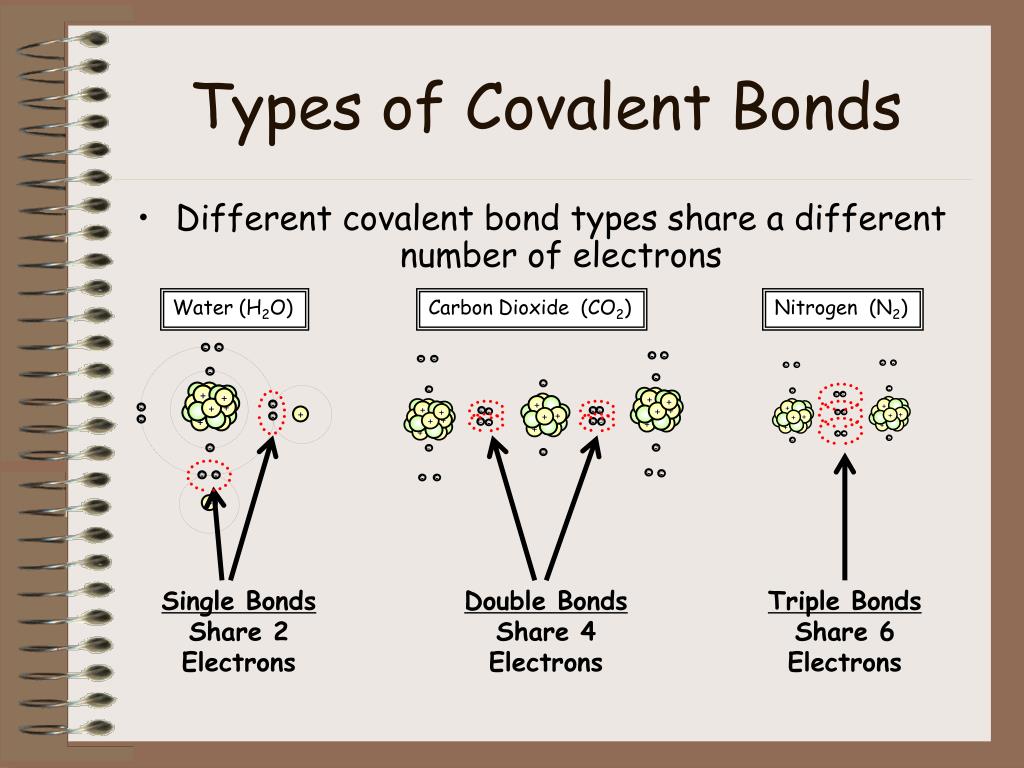 And this allows, as an example, to make more accurate weather forecasts, and not just by recording data on the movement of air masses in a certain place.
And this allows, as an example, to make more accurate weather forecasts, and not just by recording data on the movement of air masses in a certain place.
Modern technologies are developing by leaps and bounds, when from one generation of communication to the next, not decades, but only a few years are required. A couple of decades ago, a mobile phone was considered a luxury item, and it could take several hours to download a song on the Internet. Today, the cell phone has become a means of communication, and with its help you can download an entire music album in less than a minute. nine0003
Man is becoming less and less dependent on wires where it was unavoidable before. Music and television over the air, and a conversation with a person thousands of kilometers away - all this today is no longer a fairy tale, but the reality of a modern layman.
The role of cellular communications - TopNumber.ru
Every year in the life of a modern person, a mobile phone becomes more and more important, because it is not just a convenient means of communication, but also an indispensable assistant in many matters. The role and importance of a cell phone in the life of any person is difficult to overestimate, and everyone has their own answer to the question, what is a mobile phone for him, and what is its main function. nine0003
The role and importance of a cell phone in the life of any person is difficult to overestimate, and everyone has their own answer to the question, what is a mobile phone for him, and what is its main function. nine0003
Today we will try to figure out how irreplaceable is the gadget used by almost every person: what other devices can we replace, and whether the role of a mobile phone in modern society is not overestimated.
Almost everyone will agree that a mobile phone is a thing that we forget when leaving the house, we are ready to return for it with 100% certainty. Is such an attitude to this gadget justified, and can you say about the role assigned to the phone, that mobile communications are an integral part of my life? nine0003
The main purpose of a mobile phone is telephone communication. It is for communication with relatives and friends, colleagues and work partners, everyone uses it. It is especially difficult for today's young generation to believe that a couple of decades ago people could easily do without such an invention.
However, this attitude to the role of the telephone in our lives should not be blamed on the younger generation, who are not familiar with the fact that you can also communicate without a cellular connection. The development of mobile communications has made our life much easier and more comfortable, and communication with loved ones has become more accessible. nine0003
Continuing the topic of telephone communication, we note that with the help of a cellular phone it is easier for us to solve many family and work issues. Without a mobile phone, the solution of many tasks would also be accessible, but it took much more time.
The use of the Internet through mobile communications has also become an integral part of the modern world. Being in any place, we can easily find the necessary information, buy almost any product, send important documents directly from the phone. Now you can not only save time, but also solve many issues almost immediately when they appear. nine0003
But many parents sometimes blame mobile devices for taking up most of their children's time. It’s hard to disagree with this, but with the right approach, and this applies to the element of education, a mobile phone can become a useful gadget for a child, for development and learning. Also in the modern world, a cell phone has become a convenient tool for parents to provide additional security for a child - you can find out where the child is at any time, and even receive automatic notifications if he skips classes. nine0003
It’s hard to disagree with this, but with the right approach, and this applies to the element of education, a mobile phone can become a useful gadget for a child, for development and learning. Also in the modern world, a cell phone has become a convenient tool for parents to provide additional security for a child - you can find out where the child is at any time, and even receive automatic notifications if he skips classes. nine0003
It is impossible to fully appreciate the importance of the mobile phone in our lives without understanding what devices it has replaced for us. After all, if we sum up the time spent by the older generation with various gadgets, then how much time it takes today to “communicate” with a mobile phone will not seem so frightening.
Although the landline phone remains in demand, fewer and fewer calls are made on it, and many people refuse to have a landline phone at home, since it is not necessary if they have a cellular phone. Mobile communications are more affordable both in terms of cost and capabilities, because you can talk with loved ones at any time, and not just at home.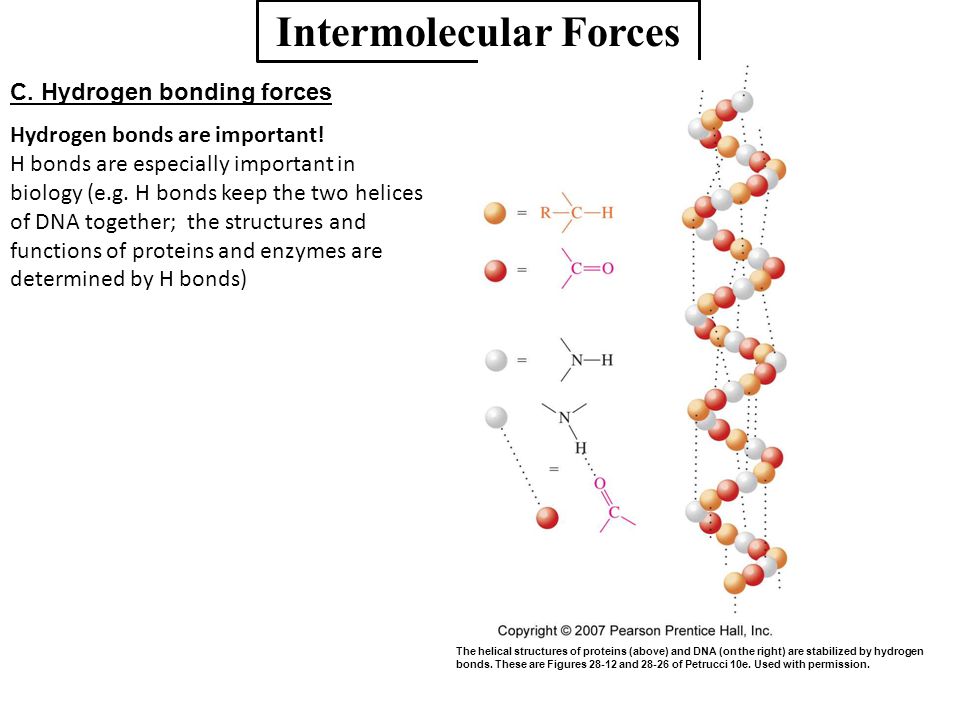 nine0003
nine0003
Many say that the mobile has reduced the time of live communication, however, this statement is not always true. Just try not using your cell phone for a few days to check it out.
Will you communicate with relatives who live far away from you more often?
Most will say no. The influence of a cell phone in this matter is largely overestimated, since it will not cancel a planned trip to visit relatives, a meeting with friends, going to the cinema or a concert, but you will communicate much less often without a mobile phone. nine0003
The mobile phone, which is used by many, has been almost completely replaced. We used to write letters often, but today they are almost a thing of the past. And if the cell phone made communication less diverse in this regard, it replaced it with more lively communication. Today, you can communicate for free with loved ones who are thousands of kilometers away - hear your native voice, and not just read lines on a piece of paper, and even see each other - by turning on the video call function.
The mobile phone, having become a part of our life, has also replaced some of the previously used things. Among them is a camera. Although mobile photography is unable to replace professional photography, if we talk about amateur photography, it is in many ways superior to it. nine0003
Today, almost everyone can capture important moments of life, and not only save them, but also instantly share them with others. Previously, when returning from a trip, it was necessary to develop the film, print the photo, and only then see the finished photos for yourself. And to share moments of your life with family or friends, you would need to send them ready-made photos by mail. Today we can do all this in real time, and on this point it is difficult to overestimate the role of the telephone in modern life. nine0003
The cell phone has also replaced many other gadgets, which can be attributed to entertainment. Now there is no need to use a music player, because you can store a huge number of your favorite tracks on your phone and have access to them anytime and anywhere.